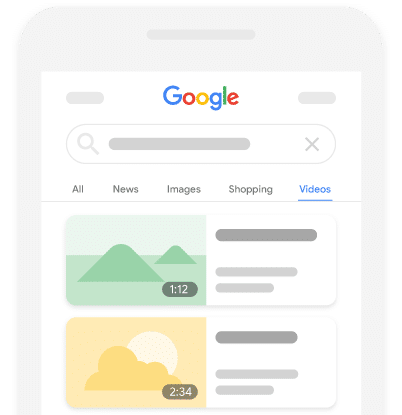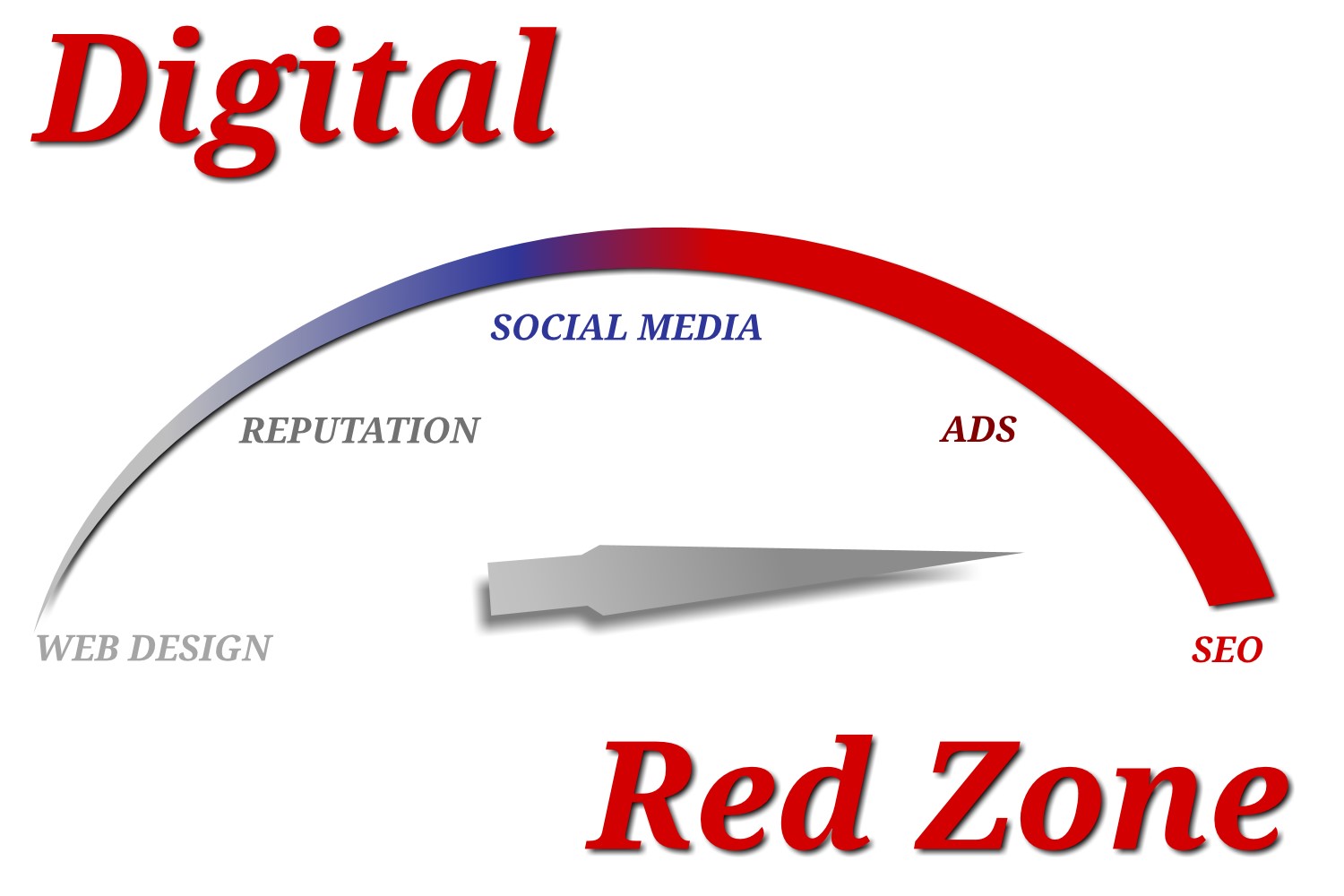Google expands video requirements for “Video mode” where video must be main content of the page
[ad_1]
Google is expanding its video requirements where the video must be the main content of the page to show up as a video result in Google Search to also have that requirement with Google’s “Video mode” in search. Google said, “extending this change to search results in Video mode to better connect users with the video content they’re looking for.”
The change can take about a week to fully rollout but once it is done rolling out you should only see videos in Google Search and Video mode from pages that make their video the primary part of their content.
What changed. Google said it will only “show video thumbnails next to results on the main Google Search results page when the video is the main content of a page” and that it expanding this requirement for “video mode.”
Google explained “with this update, clicking a result in Video mode will only take users to a page where the video is the main content.
What is video mode. The videos that show under the video tab are generally what is video mode. Google shared this illustration of video mode in the Google Search results:

Not primary video content. Google posted some examples of page types where the video is supplementary to the textual content, and not the primary focus of the page, they include:
- A blog post where the video is complementary to the text rather than the primary content of the page
- A product details page with a complementary video
- A video category page that lists multiple videos of equal prominence
Search Console changes. Google said this change may have an impact on your video reports within Google Search Console. “You’ll see the impact of this change in your Search Console video indexing report,” Google wrote. Videos that aren’t the main content of the page will appear as “No video indexed” in Search Console.
Since these videos will no longer be shown in Video mode, you can expect to see a decrease in the number of pages with indexed videos,” Google added. This decrease will also appear in the number of video impressions in the performance report, video indexing report, and the video rich results report in Google Search Console.
Google will also add a new reason to the report to explain why these videos are not indexed: “Video is not the main content of the page”, which simplifies the report by replacing the following issues:
- Invalid video URL
- Unsupported video format
- Unknown video format
- Inline data URLs cannot be used for video URLs
- Video outside the viewport
- Video too small
- Video too tall
Why we care. If your pages have been ranking in video mode within Google Search, you’ll watch to watch the performance of those pages heading forward. This change also has implications for the video metrics you see reported in Search Console.
[ad_2]
Source link
